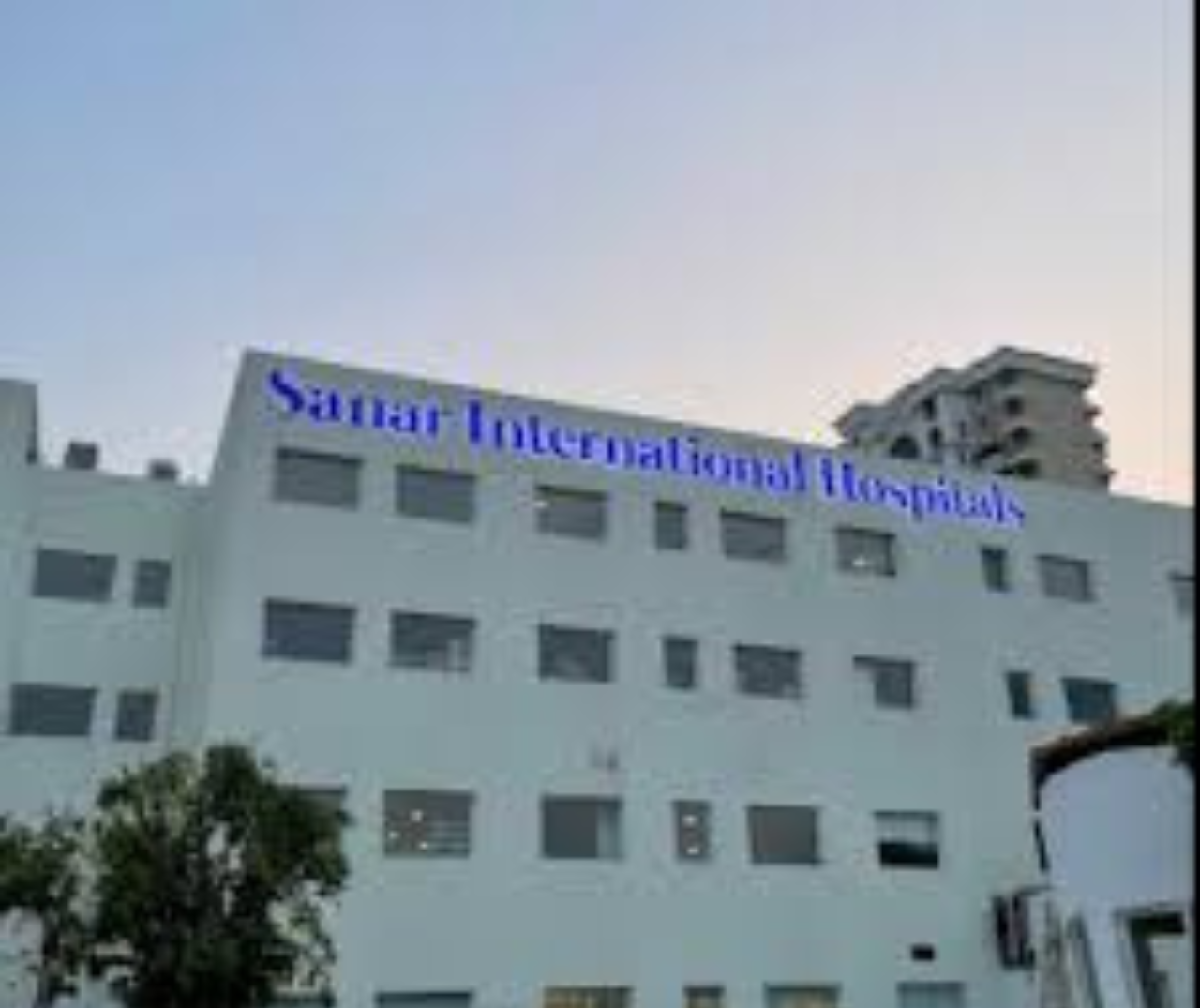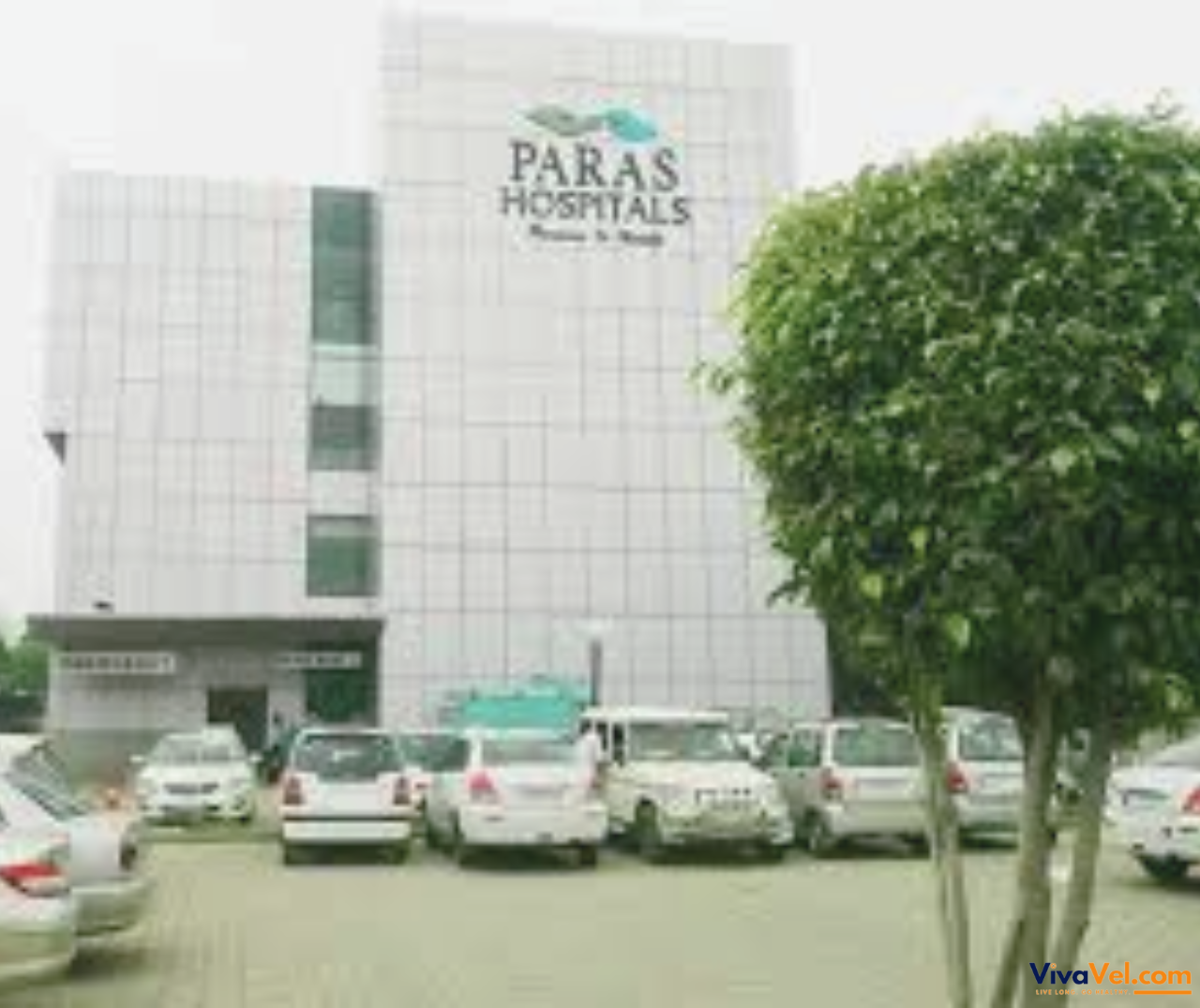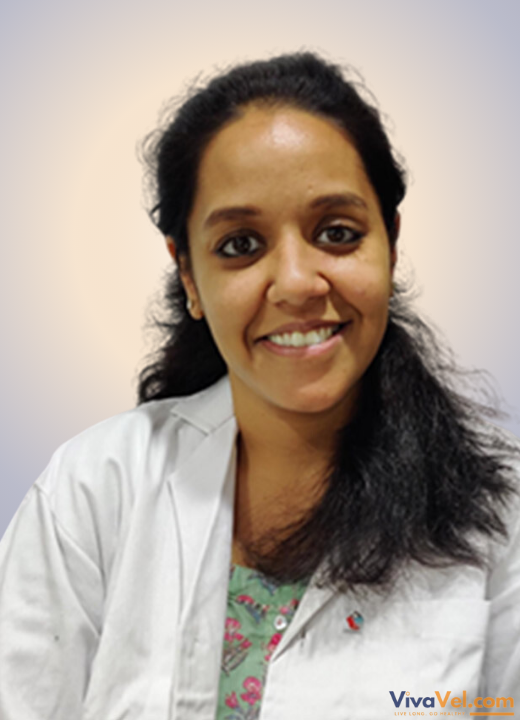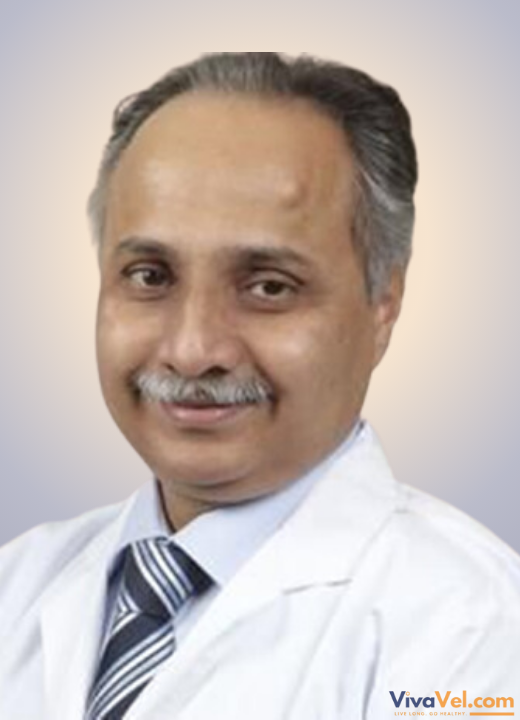info@vivavel.com
+919818262686
+919818262686
 info@vivavel.com
info@vivavel.com +919818262686
+919818262686An ovarian cystectomy is a surgery to remove a cyst from one or both ovaries. Ovarian cysts are fluid-filled sacs that can develop on or inside the ovaries. Most cysts resolve on their own, but sometimes they need to be removed if they cause pain, grow too large, or become problematic. During the procedure, a surgeon removes the cyst while trying to preserve the healthy parts of the ovary.
Depending on the size and type of the cyst, this surgery can be done through a small cut (laparoscopy) or a larger incision (open surgery). Laparoscopy is a less invasive procedure, resulting in smaller scars and a faster recovery. After the surgery, most patients can go home the same day, but some may need to stay overnight.
Recovery typically takes a few days to a few weeks, during which patients may experience mild discomfort. Ovarian cystectomy is a common procedure, and most women can return to their normal activities soon after. It's important to follow up with your doctor to ensure proper healing.
 Many ovarian cysts don't cause symptoms and may go unnoticed, but some may lead to:
Many ovarian cysts don't cause symptoms and may go unnoticed, but some may lead to:
Pelvic pain: A sharp or dull ache in the lower abdomen, usually on one side.
Bloating or swelling: Your abdomen might feel full or bloated.
Irregular periods: Heavier, lighter, or missed periods.
Pain during intercourse.
Frequent urination: A large cyst can press on your bladder, causing you to feel the need to urinate frequently.
Nausea or vomiting.
Fever (in case of an infection or rupture of the cyst).
Difficulty emptying the bladder or bowel.

 Most ovarian cysts form as part of the menstrual cycle and are considered normal (functional cysts). Other causes include:
Most ovarian cysts form as part of the menstrual cycle and are considered normal (functional cysts). Other causes include:
Hormonal imbalances Can Lead to the development of cysts, especially during the reproductive years.
Endometriosis: Tissue similar to the lining inside the uterus grows outside it and can form cysts.
Pregnancy: Some cysts develop early in pregnancy to help support it.
Pelvic infections: Severe infections can spread to the ovaries, causing cysts.
Polycystic ovary syndrome (PCOS): A condition in which many small cysts develop in the ovaries due to hormonal imbalance.
 Seek medical help if you experience:
Seek medical help if you experience:
Severe pelvic pain: Especially if it's sudden or accompanied by fever and vomiting.
Pain during your period that is unusually intense.
Abdominal bloating.
Pain during sex or bowel movements.
Unexplained weight loss.
Irregular bleeding: Between periods or after menopause.
Immediate attention is required if a cyst ruptures, which can cause sharp pain and internal bleeding.
 To diagnose an ovarian cyst, your doctor may suggest the following:
To diagnose an ovarian cyst, your doctor may suggest the following:
Pelvic exam: To feel for swelling or abnormal growths around the ovaries.
Ultrasound: A painless imaging test that uses sound waves to create a picture of your ovaries and cysts.
Blood tests: To check for hormone levels or rule out cancer (in cases of concern about ovarian cancer).
Pregnancy test: To rule out pregnancy if a cyst is suspected.
CT scan or MRI: Advanced imaging tests are used when more detailed information is needed.
 Do's:
Do's:
Rest and recover: Follow your doctor's advice on the amount of activity that is safe, and allow yourself time to heal.
Take pain medication as prescribed to manage discomfort.
Stay hydrated: Drink plenty of fluids to keep your body well-hydrated.
Monitor symptoms: Report any signs of infection (fever, redness, or swelling at the incision site) or severe pain.
Follow up with your doctor: Attend all follow-up appointments for recovery checks and ultrasounds as needed.
 Don'ts:
Don'ts:
Avoid strenuous activities: For a few weeks after surgery, avoid heavy lifting, exercise, or activities that put pressure on your abdomen.
Don't ignore symptoms: If you notice severe pain, abnormal bleeding, or signs of infection, contact your healthcare provider immediately.
Avoid sexual activity: Until your doctor confirms that it's safe to resume.
Disclaimer:
Our medical content authors have diligently gathered and synthesized information on this topic to offer valuable insights to our readers. Drawing from a range of reputable medical journals and health resources, this content aims to enhance understanding of the subject. It's essential to remember that while this information is informative, it should not replace personalized consultation or treatment from a qualified healthcare professional. For further details, please refer to our Editorial Policy.
For this topic, our authors used some of the following resources:
American Cancer Society | Oral Cavity (Mouth) and Oropharyngeal (Throat) Cancer
Harvard School of Dental Medicine | Understanding Oral Cancer: Causes, Symptoms, and Treatments





![]() Pusa Road, Radha Soami Satsang, Rajendra Place New Delhi, 110005 India
Pusa Road, Radha Soami Satsang, Rajendra Place New Delhi, 110005 India



![]() Budena Village, Sector 86, Faridabad, Haryana 121002, India
Budena Village, Sector 86, Faridabad, Haryana 121002, India



![]() Golf Course Rd, Parsvnath Exotica, DLF Phase 5, Sector 53, Gurugram, Haryana Gurgaon, 122022 India
Golf Course Rd, Parsvnath Exotica, DLF Phase 5, Sector 53, Gurugram, Haryana Gurgaon, 122022 India



![]() C-1, Sushant Lok- 1, Sector-43, Phase- I, Gurugram, Haryana, 122002
C-1, Sushant Lok- 1, Sector-43, Phase- I, Gurugram, Haryana, 122002


Dr. Pooja Agarwal stands out as one of the oncologists in Kolkata, specializing in breast cancer surgery. With over 10 years of experience, she has earned a reputatio...

Dr. Harsh Vardhan Atreya is a prominent Consultant Medical & Hemato-Oncologist specializing in Bone Marrow Transplantation. With training from esteemed institutio...

Dr. Imran Khan has joined Fortis Escorts in Okhla Road, New Delhi, as an Associate Consultant in Medical Oncology. He brings over 12 years of experience in oncology. ...

Dr. Harit K Chaturvedi heads the Max Institute of Cancer Care. He has been with Max Healthcare since 2009 and has worked hard to create one of the best cancer treatme...

Dr. Asit Arora is a highly regarded Surgical Gastroenterologist specializing in Gastrointestinal and Hepat-pancreato-biliary (HPB) surgery. He is based in the Delhi N...

Dr. Nikhil Agrawal is a distinguished Gastrointestinal (GI) and Hepato-Pancreato-Biliary (HPB) Surgical Oncologist, serving as the Director of GI-HPB Surgery and Oncology at ...
Treatment Plan & Cost within 2 days
